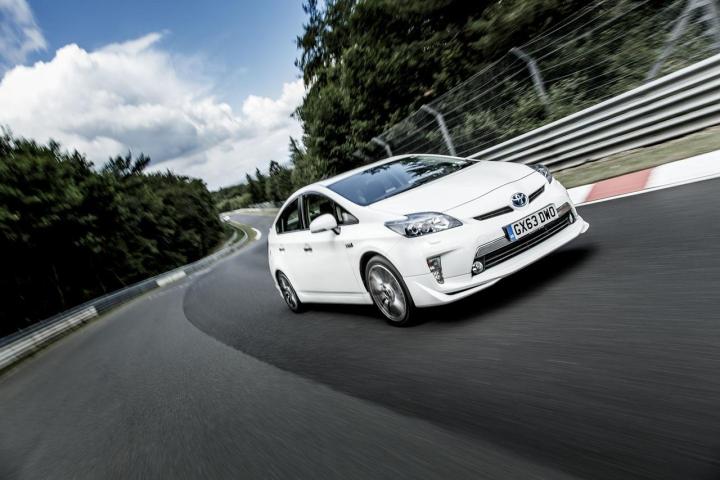
Models affected include the Prius V minivans (also encompassing the Prius Alpha and Prius+), and the Arius hybrid as well, all sold between May 2010 and November 2014. In total, it is estimated that around 340,000 of these cars are in Japan, 160,000 across Europe, and another 120,000 in North America. Those who own these cars will receive a system upgrade that should fix the issue, and American drivers should receive letters directing them to schedule a repair with their nearest Toyota dealership.
These last few months have not been kind to Japanese carmakers, with both Honda and Toyota plagued by serious and high profile safety issues that have resulted in millions of recalls. The Takata airbags have affected tens of millions of cars at this point, and Toyota alone has already recalled some 5 million vehicles to replace the exploding airbags. Just a few months ago, Toyota was forced to recall yet another series of automobiles, citing problems with their power steering and software.
Of course, American brands have not been immune to these sorts of problems either. Earlier in July, Ford faced a very similar problem with their own vehicles, and ultimately recalled close to half a million Focus, C-MAX, and Escape models to fix a software error that caused their engines to malfunction.
So if you receive a letter in the mail urging you to take your car in for a once over, don’t throw it in the trash.
Editors' Recommendations
- Toyota recalls more than 1 million vehicles over potential airbag issue
- 2022 Toyota Tundra hybrid first drive review: New dog, old tricks
- Toyota to recall nearly 700,000 newer vehicles that could stall mid-drive
- Toyota is extending warranties on EV batteries because they’re lasting so long
- BMW recalls 257,000 cars to ensure owners can’t turn off the rearview camera


